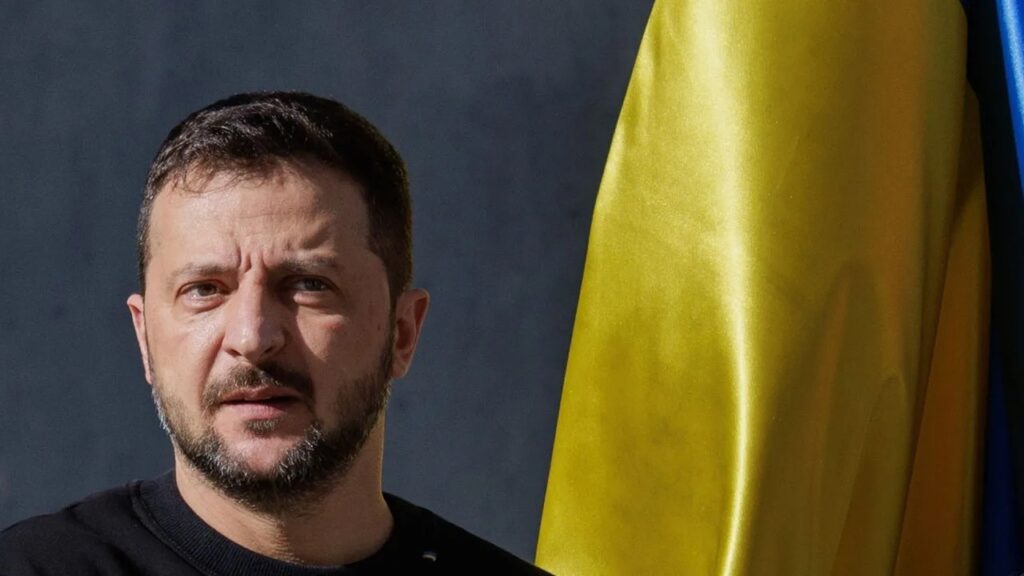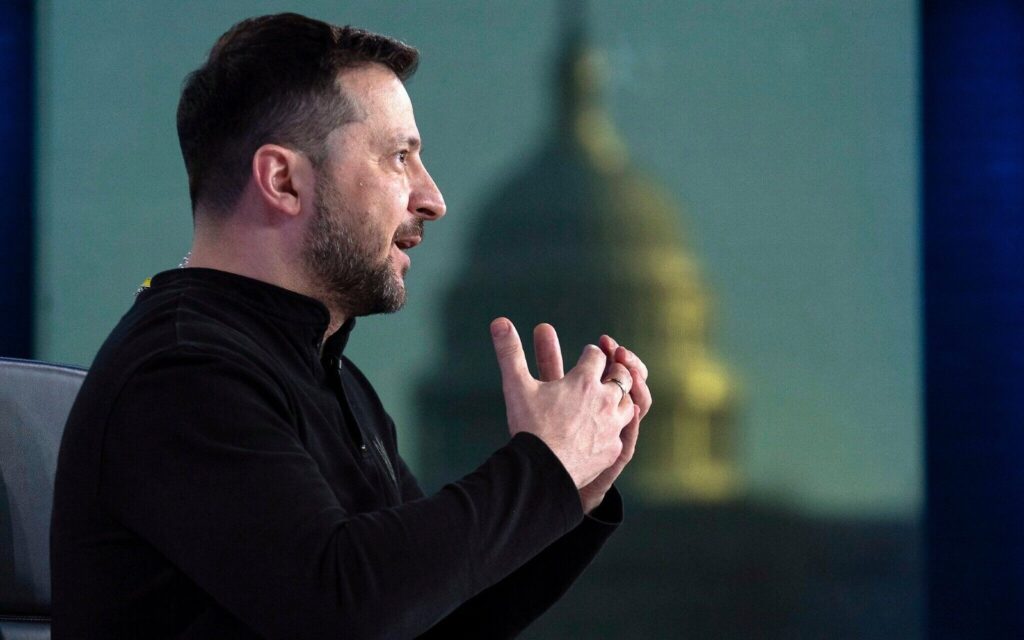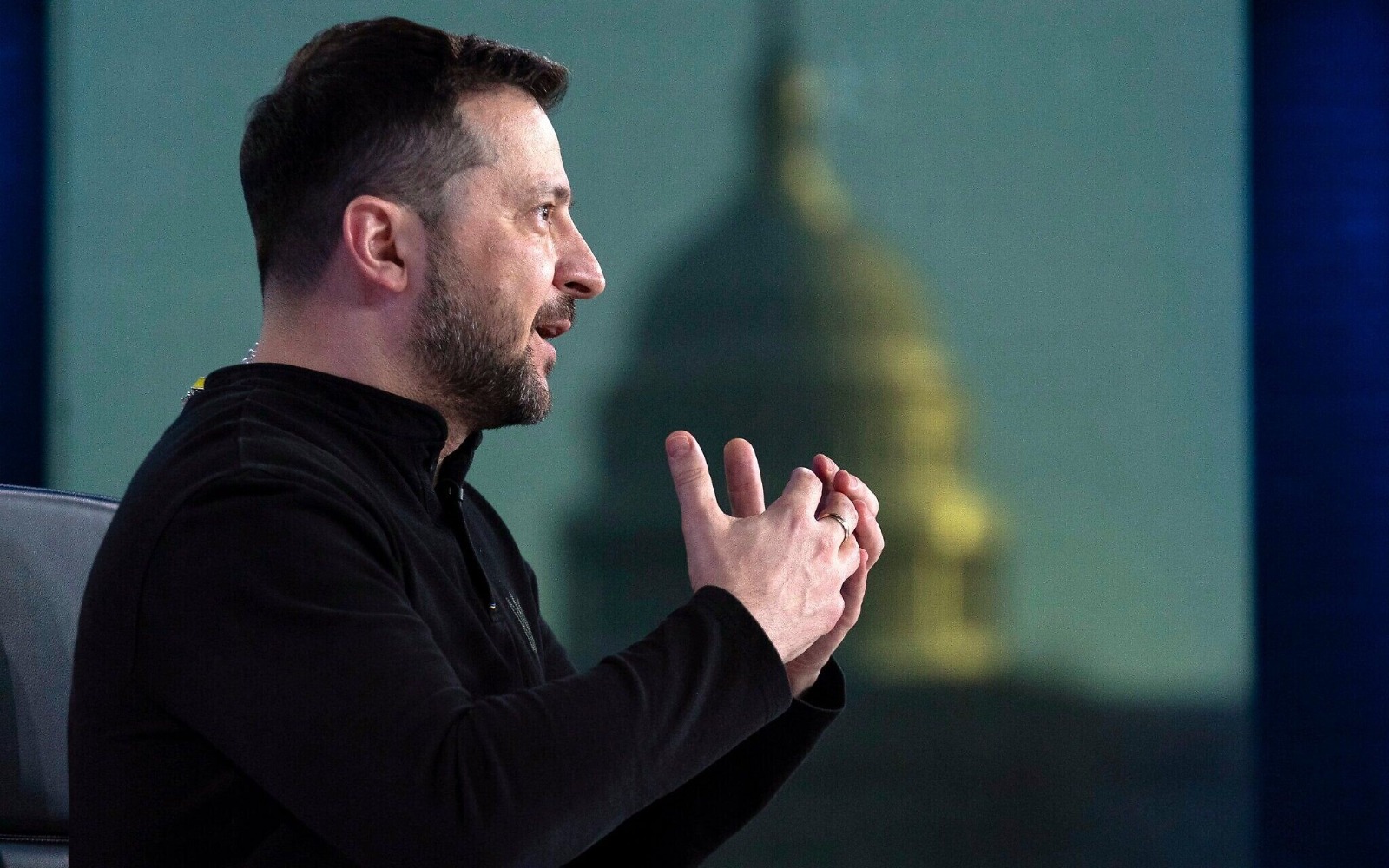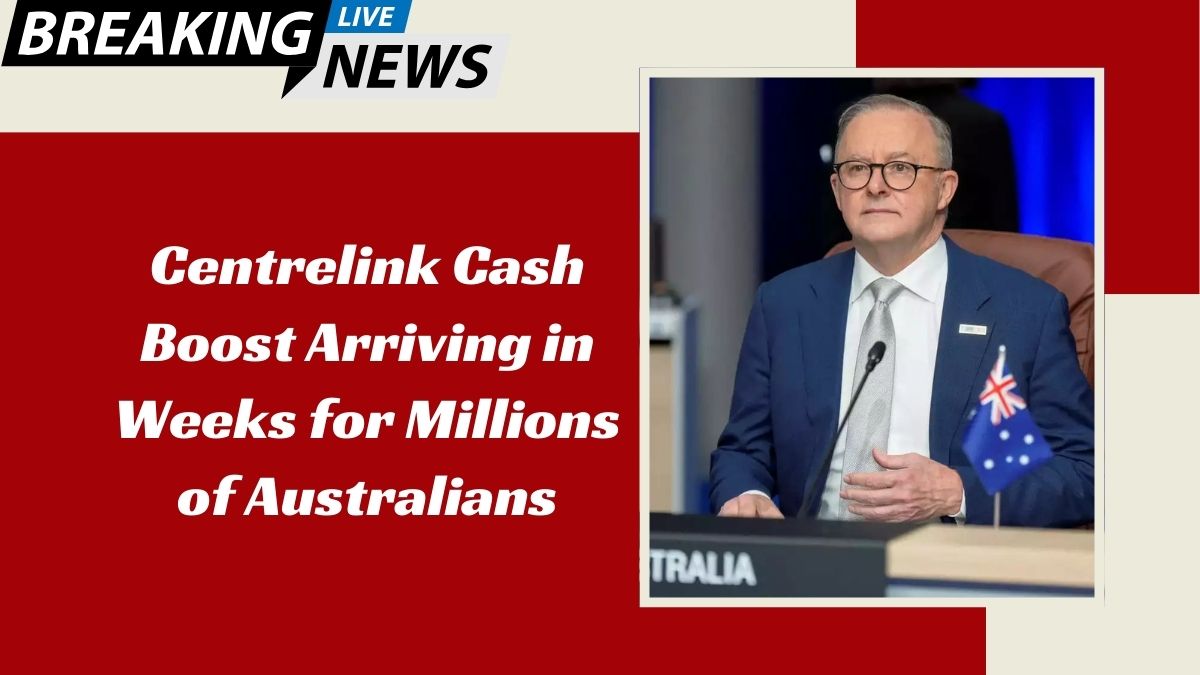
Zelensky was ruptured by Trump and Vance’s breath.
The episode culminated in a tense, Oval Office meeting with then-President Donald Trump and Senator J. D. Vance. Political interests will affect the future of the U.S. Ukrainian Alliance. His presidential campaign highlighted the transparency, anti-corruption efforts and vision of bringing the European Union, NATO and Ukraine closer to the West, particularly to the West.
His visit to Washington was seen as an opportunity to strengthen these alliances and secure further American support in light of the ongoing Russian invasion. Russia was annexed by Crimea and launched a separatist movement in eastern Ukraine. Zelensky applied for political and military support from the United States to help Ukraine defend itself.
Additionally, Ukraine has experienced deep-rooted corruption for decades, with Zelensky performing anti-corruption reforms to the platform’s centre. To this end, he wanted to persuade the US government to continue providing military aid while ensuring cheap economic relations.
Wider Political Crises:
Trump, on the other hand, was involved in a wider political crisis. His administration was under pressure due to allegations of fraud in Ukraine. A whistleblower complaint emerged, and he accused Trump of using US military aid to help Ukraine in exchange for political favor. Finally, the scandal will lead to an investigation into Trump by the Senate. Trump had shown he was reluctant to support Ukraine like his predecessor, which made it clear that his approach to foreign policy was a deal. His deal with Zelensky states the tone of subsequent interactions between the two leaders, whereby Trump’s political calculations often determine the course of negotiation. From the moment it started. Both guides appear to be under the surface heat, with Zelensky praising American support, and Trump confirming the importance of US relations with Ukraine.
However, it soon became clear that the mood in the room was not warm. Known for his unpredictable and boring style, Trump seemed to be using the meeting to highlight his strength and influence as Zelensky surprised him. He was increasingly influenced within the Republican Party at the time, and he had to observe his harsh views on foreign policy, particularly regarding the US participation in international conflicts. His presence at the conference shows that Trump’s approach to Ukraine is not only a matter of diplomatic relations, but also part of his broader political strategy. Vance, who had criticized foreign interventions in the US in the past, seemed to have little patience with Zelensky, who continued to support the US.

Trump Semmed Un – Happy:
Tensions in the room were strengthened as debates about military aid changed. Given the ongoing threat from Russia, Zelensky urged Trump to pledge further support in the US. However, Trump seemed unhappy with the demand. He repeatedly asked whether Ukraine could handle it alone, and expressed skepticism about whether permanent military aid was in the best interest of the American people. His diplomatic tranquility was tested when he tried to justify Ukraine’s need for continued support, indicating the importance of living and maintaining regional stability in a continuous conflict with Russia. It was clear that Zelensky was not prepared for the extent of the conflict that took place in the Oval Office. Vance, known for his criticism of US participation in overseas conflicts, realized that the US needs to be careful about Ukraine’s support. He emphasized that American interests are a priority and sending further help to Ukraine may not coincide with these interests.
This contributed only to the symptoms of the room, allowing Zelensky to appear visible between his priorities and the man sitting in front of him. The Ukrainian scandal, which had become a central point in his office, increased pressure at home, and Trump became a central point in his office. During the meeting, it became clear that Trump’s interaction with Zelensky was colored by his persistent legal issues and political ambitions. Trump’s trading approach in foreign policy meant that Zelensky was not guaranteed the kind of open and clear support he wanted. Vance’s presence, the political spectrum of many correct wings, facilitated the problem. Vance’s skepticism about US international participation reflects Trump’s, his dislike of international conflict, and his sway to Zelensky, based on the personality of more difficult personalities, or switch-offs based on personality, is based on the personality that they are based in their arguments. As a broader strategic consideration. The president’s focus was on political leverage and the desire to use foreign help for political advantages.
Personal Reaction:
Zelensky wasn’t just a personal reaction. It reflected the great frustration of many Ukrainians who saw their country trapped in a crossfire inside the US. The delicate compensation laws that maintain diplomatic relations with the unstable American regime have at the same time protected Ukrainian sovereignty and proved increasingly difficult. Over the next few weeks, the public impact of the meeting was clear. Both guides have made public efforts to downplay tensions and highlight the continued importance of US-Ukraine relations, but fundamental tensions remained.
In Ukraine, many viewed meetings as memories of the instability of their situation. Zelensky had secured some guarantees of further support, but it was clear that Washington’s political winds had quickly changed and Ukraine would remain vulnerable. The presence of numbers such as Vance, who had little tendency to support Ukraine’s struggle against Russia, underscored the vulnerability of the alliance. It was a sober memory that foreign help and alliances were not only about common values, but also about political leverage, domestic interests, and strategic calculations. Zelensky’s hopes for American support were not completely subversive, but the conference highlighted the challenges he faced with navigating the unpredictable world of international politics. The results of the conference will maintain and influence throughout the presidency as he interacted with not only the US but also other important international players.
When Zelensky must fight against his efforts to secure Ukraine, in the future, he must fight against the reality of the political system in which Domestry was often abroad. The highly fulfilled meeting between Trump and Vance reminded me of the limitations of diplomatic alliances in an increasingly biased world. For Ukraine, the struggle for sovereignty and security will require more than just military aid.
Also Read This: Budget Resolution Passed on Tuesday, Trump “Big Beautiful Bill” Seeking $4.5 Trillion in Tax Breaks
Conclusion: “A moment of tension in permanent implications”
President Voldy Mie Zelensky, former President Donald Trump, J.D. The tense, elliptical office meeting between senators, Vance marked a key moment in Ukrainian relations in the United States, revealing the complexities underlying international diplomacy in an age of political volatility. Zelensky’s grievances, which were visible and clear during the exchange, were not only a response to personal frustration, but also reflect the broader challenges Ukraine faced in navigating in partnership with the US administration, whose foreign policy was often influenced by domestic political considerations. Through political levers and more general values. For Zelensky, it was a memory of the difficult balancing acts necessary to maintain sovereignty and manage relations with the US administration, which was as unpredictable as it was powerful. Zelensky’s experience in the elliptical office is a strong memory of the fact that diplomatic relations are essential, but impacts risk when navigating the intersection of personal politics, national interests and global dynamics, as both leaders and nations cheer them on as a response to geopolitical landscape changes.




